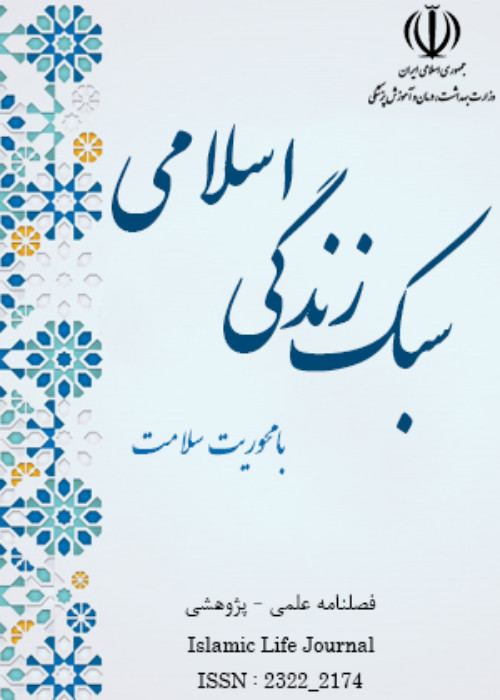Educational Implications of Non-Verbal Education in Islamic Teachings (Hadiths and Narrations)
The present study aims at the educational implications of non-verbal education in Islamic teachings (hadiths and narrations).
This research is among the qualitative researches that have been done using qualitative content analysis method with deductive categorization system. The field of research included texts related to non-verbal education in Islamic teachings (hadiths and narrations) using a purposeful approach. Data collection tools included taking notes related to non-verbal education in Islamic teachings (hadiths and narrations). The coding and paragraph method was used as a unit of analysis to analyze the texts.
Findings of educational implications of non-verbal education in Islamic teachings (hadiths and narrations) included 85 main concepts and 392 educational implications, the most significant of which are: literature, playing with children, lessons, love and respect, consultation, contentment, Generosity, fulfillment of the covenant, teaching the child acts of worship, teaching the child acts of worship, companion, blaming, teaching children based on the stages of the child's development, mind, trust in God, responsibility of parents and educators, oppression, skills and profession training , Honesty, good speech, positive thinking, patience, charity and help, fairness, not punishing the child, humility, prudence, extravagance, seizing opportunities, piety, order, not doing useless work, habit of good deeds, justice, Insight, knowledge, good morals, greeting, thinking, having a purpose, avoiding boredom, peace, secrecy, not being lazy, trustworthiness, self-control, optimism, not betraying, advice, silence, courage, chivalry, wisdom, Tolerance, Intention, Thanksgiving Thanksgiving, Miserliness, Selfishness, Anger, Responsibility, Human Value, Perseverance, Practicing Knowledge, Shyness, Prioritizing Things, Work and Effort, Slavery, Doing Good, Silence, Experience, Learning, Neglect , Yet is not insulting, slander, fear, greed, education, division of hours of the day, right, fault finding, not rushing, stubbornness, borderline traits, questioning, and so on.
It is clear in a period when there was no teaching aid equipment or performing arts and films and photos and the like to what extent the use of this method could play an effective role in drawing facts in the minds of the audience and pave the way for understanding Open the divine teachings and monotheistic lessons and put these topics on the threshold of the listeners' senses.
- حق عضویت دریافتی صرف حمایت از نشریات عضو و نگهداری، تکمیل و توسعه مگیران میشود.
- پرداخت حق اشتراک و دانلود مقالات اجازه بازنشر آن در سایر رسانههای چاپی و دیجیتال را به کاربر نمیدهد.


